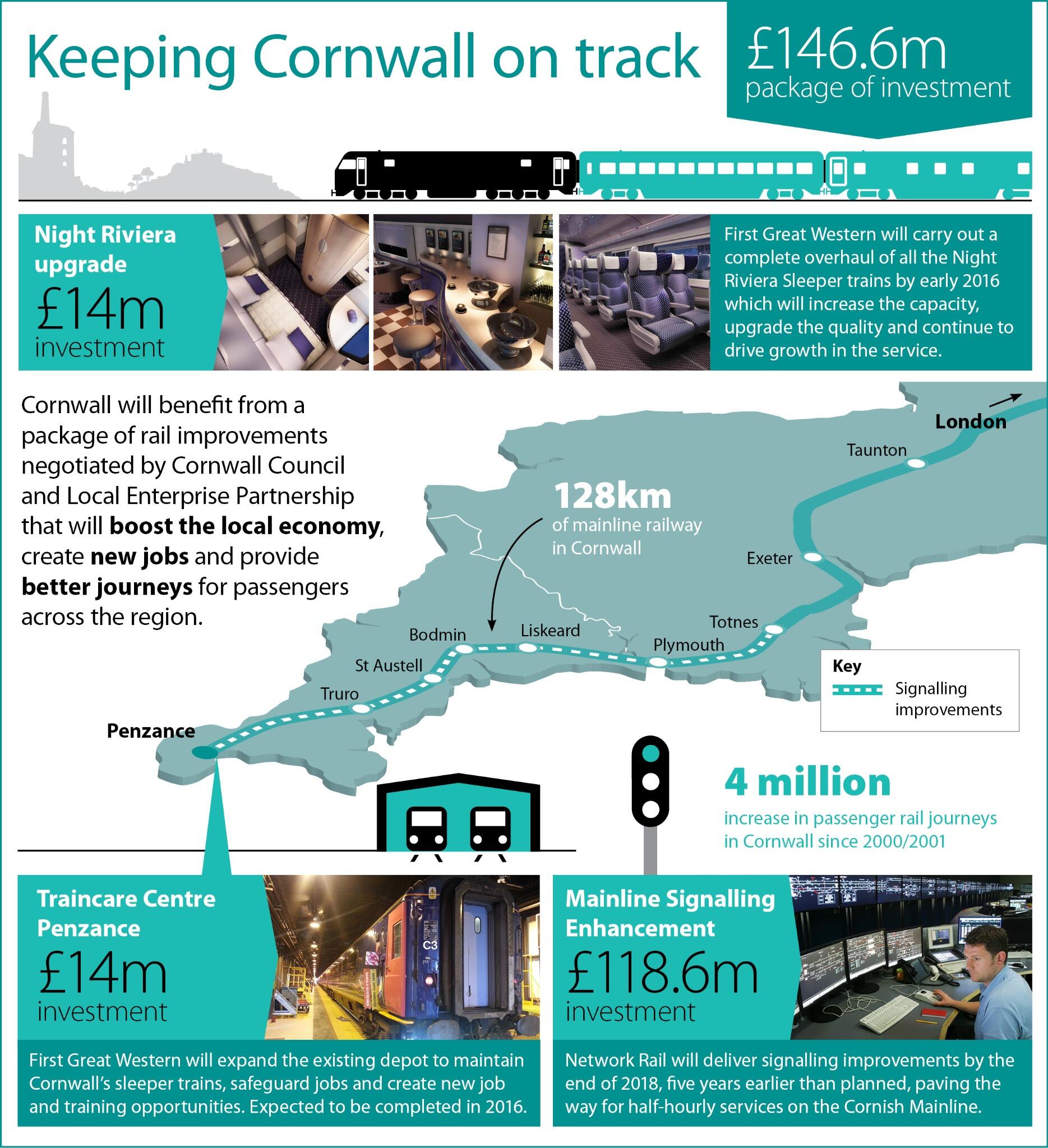I'm on holiday at the moment in Aberystwyth, but here's an article I wrote a while back for Country Standard which features in their latest magazine. I was trying to present an alternate argument for devolution to Cornwall, let me know what you think?
Just firstly to introduce myself I am Rob Simmons a member of Mebyon Kernow- the Party for Cornwall a town councillor in Penzance and the party's general election candidate for the St Ives constituency next May. Like many people in MK I see myself as a progressive and I am proud that one of my first initiatives on the town council was to persuade the council to introduce the living wage for employees. But of course I am as well as a de-centralist. Many of the things I would like to change in Cornwall are to do with social policy as much as they are to do with constitutional change, below is my argument that a Cornish Assembly would be progressive and ought to be supported by people who want fundamental change where ever and whomever they might be.
We live in interesting times in politics whatever your views on the subjects. The rise of the Green party, the NHA and indeed UKIP in the polls and of course the anti cuts movement, the dispute between the Trade Unions and the Labour party, more powers for the Welsh assembly, localism and the Scottish referendum. Politics is in a period of great flux, certainties that have held for decades and centuries are no longer holding. Things are changing and there are moves in Cornwall to make a great change to the landscape of British politics; devolution to a Cornish Assembly.
But why should progressives care? indeed why should anyone without a heart full of Cornish pride even bat an eye lid at this idea? I think firstly everyone concedes that politics in the UK is vastly over centralised, nearly every facet of local government is dominated by the austerity agenda of the Conservatives and Liberal Democrats. Sure there are choices to be made in every local authority but these are within the constraints of Westminster's agenda. Every political party concedes that centralisation is a fundamental problem, Labour planned democratic regional assemblies these fell by the way side. The coalition talks a great deal of localism but with the last gasps of that government (thankfully) coming to an end, it seems that localism will go the same way as New Labour plans and become only of interest to historians. Whilst the Labour government and the Tory/Lib Dem one have ummed and erred about how plans will actually pan out. Cornwall has patiently been sitting at the back of the class with our hands firmly up but government like a teacher with failing eye sight hasn't yet caught the master's attention.
Centralisation is not just a question of constitutional or governmental matters. It is also very evident in economics although the way regional statistics across wide ranging areas doesn't help our understanding. It's only from these kind of catch all analysis that we can make the assumption that the south is rich and the north is poor. The finer detail is that wealth emanates from the capital, slowly leaching out to the Home Counties and reducing as we travel further north and west and in Cornwall's case south west. 306 miles way from Penzance lies London the richest city in Europe and one of the richest in the whole world, yet here Cornwall is one of the poorest places in the whole EU and has recently slipped behind everywhere in the UK to be the poorest region in Britain. The ward I represent is one of the most deprived in Cornwall, there are long terms problems with unemployment, health, low wages and housing. I know that not everything in London is rosy, that among the 72 billionaires there is also real hardship. That economic productivity and the creation of wealth does not necessarily mean a rise in living standards across the board. But this is a separate subject and it is very clear that the London model or rampant neo-liberalism is not one that I would like to see replicated here. It nevertheless holds thought that increasing productivity is a way of making an area better off. For this to happen I would argue Cornwall needs devolution.
Recently Mebyon Kernow launched a Campaign for a Cornish Assembly with various roadshows in Cornish towns, an internet campaign and a consultation document on our plans for devolution. This document titled: "Towards a National Assembly for Cornwall" is available on the MK website (https://www.mebyonkernow.org/pages/cornish_assembly.php). Our plans are for a fundamental redrawing of governance in Cornwall with both powers devolved from central government to the assembly and powers passed down within Cornwall. For the new assembly to take responsibility for areas like Agriculture, Fishing and Food Production, Health, Energy Policy, Housing and Social Services. Take the various quangos and trusts that run all manner of services back under public control. These ideas are out for consultation which ends soon and we welcome comments from members of the public and organisations on them. Fundamentally what we want is freedom from Westminster to make our own decisions, to find the solutions that our unique to our situation. To see if we can make a better go of thinks and to try to pick up the economy of Cornwall. Right wingers will often say that we are to poor for devolution, but we think that we are to poor for the status quo, things are not right at the moment and doing nothing will not change that.
I'd love to make the kinds of arguments that are being made at the moment in Scotland that Independence would bring a more progressive government. But not only are we not going for separation from the UK our promises for the changes it might bring are also more modest. I'd love to write here that a Cornish Assembly would see Cornwall's workers earning a living wage, that services like the NHS would be run for the good of front-line services and accountable to the people not shareholders but those situations might not happen. It's no good promising these things. But there are signs that governance in Cornwall might be more progressive with devolution. Despite the fact Cornwall's MPs are split evenly between the coalition partners and that has been the case in the past. (Ignoring the very real possibility of a Lib Dem wipe out next year for a moment). The lower you get down local government the more progressives there are and the more signs that parties like Mebyon Kernow, the Greens and Labour are an active part of politics. Cornwall Council even itself outed the last Conservative leader because he tried to force through a massive privatisation scheme. Since last years elections, despite there only being 4 MK, 8 Labour and 1 Green members on Cornwall Council and they are dwarfed by the 123 others dominated mainly by the 29 Conservatives and 37 Liberal Democrats. There are also 36 independents, between this hotchpotch and despite the overbearing austerity they are currently investigating ways of all of the authorities workforce being paid the living wage. A progressive Cornish assembly is by no means a dead cert but please don't write off Cornwall as fundamentally regressive based on party rosettes.
So I started this with a question why should progressives care? I think my argument is this, Cornwall needs change, the economy is far from thriving under centralised rule. We need to do things differently, the wealth created in the financial sectors of the city, like so much else, doesn't trickle down here. My appeal to progressives is not just because I am one, it is because I believe progressives are the people with vision, that is what unites us most. The desire to build a better society, to legislate for fairness the willingness to not go along with the powers that be, unquestioningly. To dare to dream and to not fear change. I call on each and everyone of you to consider what I have written, consider the changes we propose, look at our ideas and if you agree please sign the petition.
My party's website is here https://www.mebyonkernow.org/
My own blog here http://robscornishblog.blogspot.co.uk/






